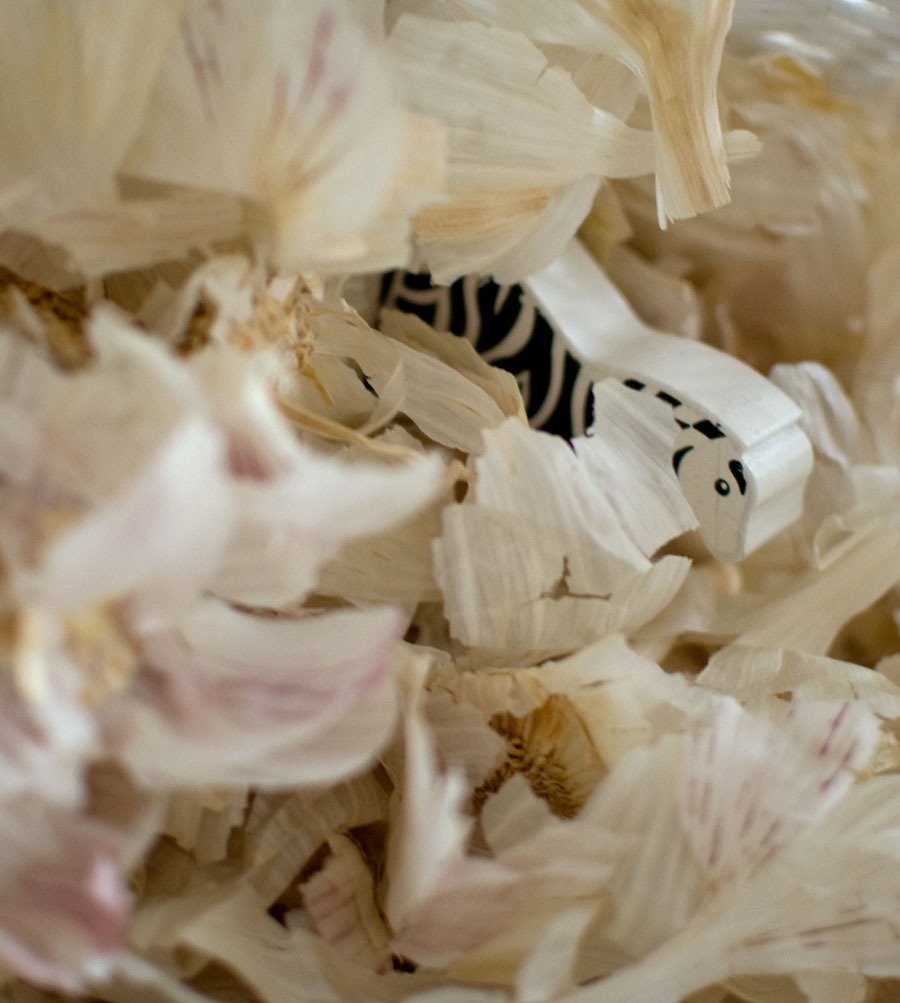This post will mainly be about how the folk in white coats aren’t always going to be aware of the best direction for us to go in so we’d best make ourselves aware of our options. This was in the news in July. It questions how equipped doctors are for reading results of tests they’ve suggested for their patients and their ability to assess their patient’s risk in choosing action or inaction in light of them.
Apart from a small minority of adult patients most of us are compliant with what our healthcare providers suggest. Although the internet has made it possible for that minority who have decided to investigate their own health and treat themselves to communicate with one another and draw support from their ‘go it alone’ peers.
The men in white coats are the experts – they’re trained in this stuff ‘all I know is my body isn’t working as I’d like it to – they’re expert, they MUST know more than me?’
We need only consider Maslow’s Hierarchy of Needs to understand why and how this situation arises. When one of our foundations is rocked (health) we revert to feeling as we did as a child; surrounded by grownups who obviously know more than us. We’ll happily listen to any medical professional in the strong hope that they are the experts we’ve been brought up to believe live in those white coats. When they’re on the scene we can safely be the child that lets the grownups make decisions on their behalf.
Experts don’t appear to be in ready supply for a range of chronic conditions. The clue is in the name. These conditions are considered chronic/long term because no one has yet found a cure.
I’ve just been sent a link to this site which highlights the foods we’ve been taught to believe are bad for us in reality (and moderation) are in fact pretty good for us.
Times they are a changing!
Functional medicine works with how our bodies are right now. Here is a site that takes a functional approach to exercise. For people who are short on energy we choose to conserve it for the important things (exercise, let’s be honest, is rarely one of those things). Making best use of remaining energy is the smart person’s choice. we must also keep in the back of our mind that as we move less we will become less able to move.
Medical professionals aren’t at present set up to look at the body’s fuel: out of approximately 7 year’s worth of gp training they spend not much more than a week on nutrition!
There are some out there like NHS Dr Marios Hadjivassiliou who runs the ataxia clinic in Sheffield who acknowledge that the fuel we run our bodies with has an effect on our performance. He cites gluten as a problem protein for the body to digest and it’s ill effects have the potential to cause trouble in more than just the digestive tract (celiac disease).
There are enough suggestions of nutritional approaches all over the web so I’ll point you toward a resource that has links to reliable research into alternative ways of treating a poorly functioning body.
I’ll use cognitive dysfunction to account for the scattered nature of this post. All the links on this page really go to show that healthcare is not a binary thing. there isn’t one way to make things better. it sounds horrifically West Coast but Instead we need to love ourselves and those around us enough to want to find ways of making life better for ourselves.
This is a frightening proposition, but only at first. Further into your selfcare journey you’ll come across posts and sites perhaps like this one and be able to critically think about the worth of what’s being suggested!
Happy travels!



